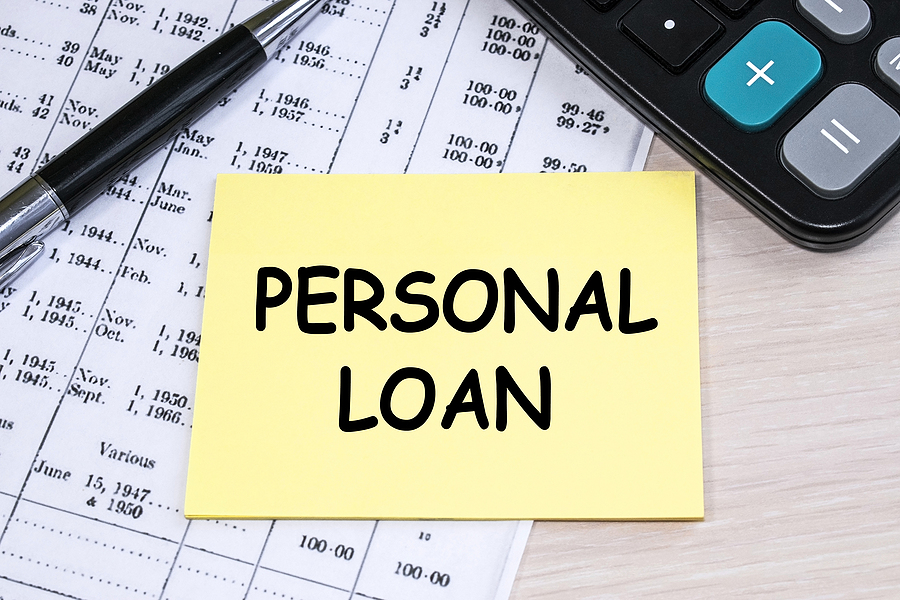Refinancing a personal loan can be a wise financial move.
You can take out a personal loan to cover an emergency, pay off high-interest credit card debt, pay for medical expenses that are not covered by insurance, or you can consolidate your debt.
If you refinance that personal loan, you might be able to take advantage of a lower interest rate or reduce your monthly payments.
Here are four easy steps you can take to refinance a personal loan:
- Get your credit report from one of the big three credit agencies.
- Increase your credit score.
- Compare rates and terms from different personal loan lenders
- Apply to the lender of your choice
1. Get your credit report from one of the big three credit agencies.
Equifax will give your credit report free. TransUnion and Experian are the other two big credit agencies.
2. Increase your credit score. Your credit score is all-important when applying for any loan.
To refinance a personal loan, some lenders will accept a credit score of 580, but most require 660. If your credit score is low, you may have to pay a higher origination fee and higher interest. If your credit score is above 690, you should be able to refinance a personal loan without an origination fee and at a lower interest rate.
Take these steps to boost your credit score:
- Correct any errors in your credit report.
- Ask a relative or friend with good credit to add you as a user on their credit card.
- Pay off your smallest debts to boost your debt-to-income ratio.
- After your credit report is in the best possible condition for lenders to look at, you are ready to start shopping.
3. Compare rates and terms from different personal loan lenders
When you are shopping to refinance a personal loan, look for these terms:
- A lower APR interest rate than your current loan. Use APR when comparing loans because APR factors in origination fees and fees for early repayment, giving you a more accurate picture of how much the loan will cost you.
- A longer or shorter repayment period.
- A more extended repayment period will give you smaller monthly payments, but you will have to pay more in interest.
- A shorter repayment period will give you more significant monthly payments, but you will pay much less interest.
- No origination fee.
- Origination fees range from .5% to 10%. You don’t need to pay this if you have a high credit score.
- No penalty for early repayment.
Early repayment charges are usually one or two month’s interest. The portion of your monthly payment that goes to paying interest is higher earlier in the loan’s life.
If you pay off your loan after making only a few payments, your early repayment penalty will be higher than if you make early repayment later in the loan’s life.
4. Apply to the lender of your choice
- Your credit score will take a small hit every time you apply to a lender because each lender will do a hard credit check.
- So it’s wise to apply to only a few lenders.
- The hit to your credit score won’t last long.
- It is not difficult to refinance a personal loan if you have good credit, and it may be a wise financial move. You can benefit from lower interest rates or smaller monthly payments.
